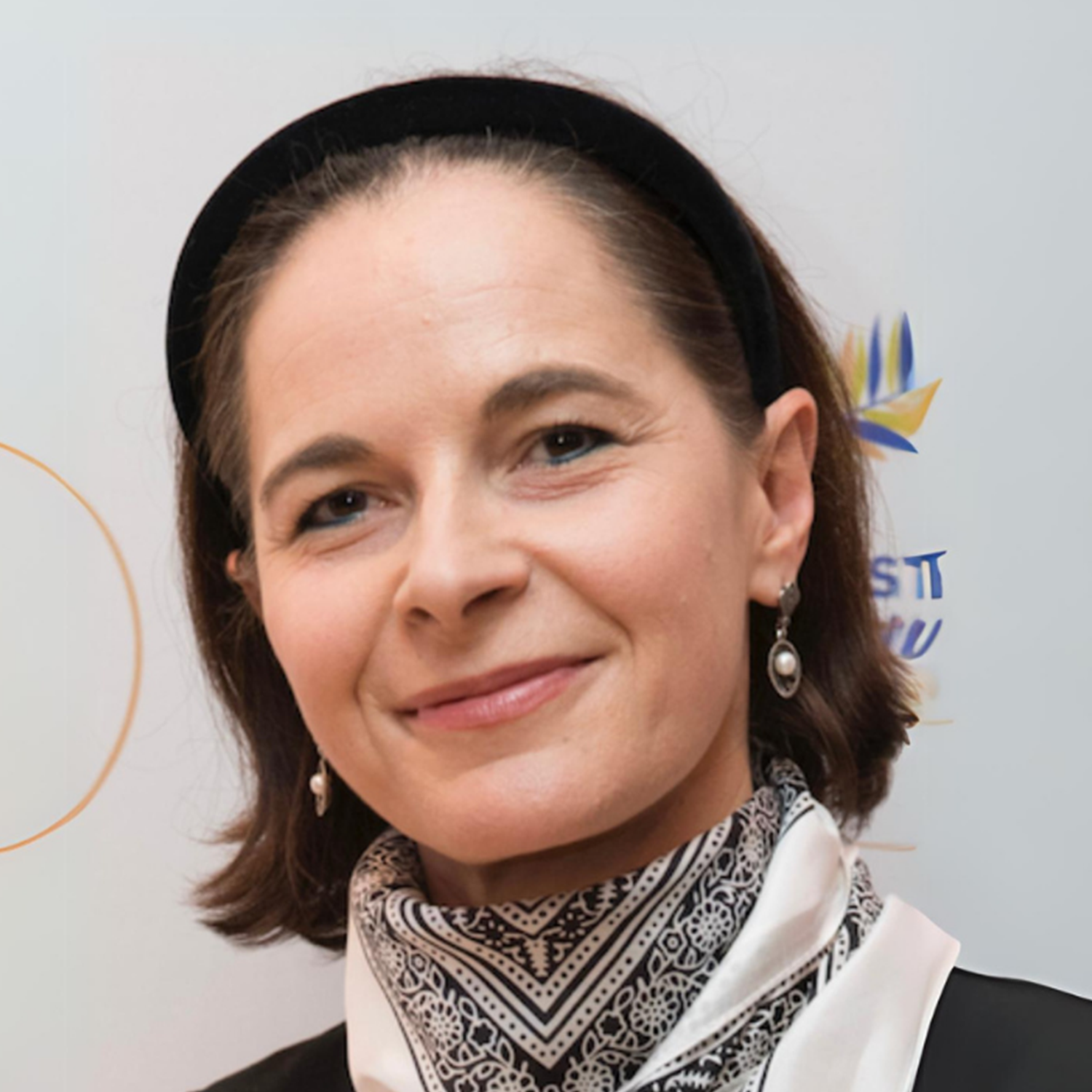 As a woman born in the 1960s in Algeria, Professor Yasmine Belkaid had the rare privilege of belonging to a family that would become her biggest cheerleader as she progressed in her science career. Now an immunologist and President of the Institut Pasteur, she is best known for her work studying host-microbe interactions in tissues and immune regulation to microbes.
As a woman born in the 1960s in Algeria, Professor Yasmine Belkaid had the rare privilege of belonging to a family that would become her biggest cheerleader as she progressed in her science career. Now an immunologist and President of the Institut Pasteur, she is best known for her work studying host-microbe interactions in tissues and immune regulation to microbes.
Set to succeed
Professor Belkaid was born to a French mother and Algerian politician father. “My father was a very passionate man, someone who had an extraordinary belief in education and research. From a very young age, I was raised with respect for education,” she says, as she talks of her father’s influence on her journey. The war of independence in Algeria meant that many children of her generation left school due to the conflict and never had access to education. Professor Belkaid’s father made sure that this did not happen to her.
A privilege and passion
After finishing primary and secondary schools, she graduated with both bachelor’s and master’s degrees in biochemistry from the University of Science and Technology Houari Boumediene in Algiers. Following this, she received a Master of Advanced Studies (DEA) from Paris-Sud University.
Thanks to a fellowship from TDR in 1996, she completed a PhD in Immunology at Paris-Sud University and at the Institut Pasteur, where she studied innate immune responses to leishmania infection. After her PhD, she moved to the United States for a postdoctoral fellowship in intracellular parasite biology at NIAID’s Laboratory of Parasitic Diseases (NIH). Truly her father’s daughter, a passion for further education burned in her heart, as well as a curiosity and desire to make the most of every opportunity that presented itself. In addition to the many qualifications that she has garnered over the years, she has also published over 220 scientific papers on infection, immunity, immunology, microbiota and nutrition.
A pursuit to understand the host-microbe
In her research, Professor Belkaid has focussed on untangling the mechanisms underlying host- microbe interactions in the gastrointestinal tract and on the skin, both natural barriers between the microbe’s inner workings and its external environments. Included was a deeper understanding of the role microbiota play in promoting immunity against infection. Her group has greatly enhanced scientific understanding of how the host immune system can distinguish good microbes from bad, as well as how shifts in microbiota can contribute to disease, particularly chronic inflammatory diseases like Crohn’s disease and psoriasis.
Supporting others through mentorship
Professor Belkaid recognizes that not all women scientists have the same supportive family background she was blessed with.
“We need to make sure that we allow talented people, people with passion, to grow," she said on an episode of the Global Health Matters podcast. "We need to create infrastructures and offer mentoring support, allowing people to overcome the difficulties they will face, especially if they are from a low- to middle-income country. It’s extremely important to identify talent across the planet and put all our energy into making sure that they reach their full potential and are offered opportunities.” Professor Belkaid advises young women in science to surround themselves with people who champion and support them.
A changing landscape
Thirty to 40 years ago things were not easy for women in science. They had few role models to look up to and many challenges to overcome once they embarked on a career in the field. She remembers how tempting it was for women scientists to give up their aspirations for independent investigation and join someone else’s team in support of their research endeavours.
Professor Belkaid emphasizes the need for structures to protect people with talent in science and to make sure that they do not fall through the cracks, regardless of their gender, origin, or socioeconomic status. She believes that although things have improved, there is still a great deal to be done for equity in the scientific sector.
“There [is still great] disparity across the planet. Even in countries like France, where we would expect things to be better…we need to remain vigilant and keep adapting and developing infrastructures and resources to make sure that we are going forward.”
Building research capacity and leadership for research
Professor Belkaid applauds TDR’s focus on investing in people and in infrastructures that empower sustainable and collaborative research. “I’m myself a product of TDR’s vision about investing in humans, investing in leadership. I truly believe that actually everything will be about investing in human capital.”
In turn, she is now committed to nurturing and growing the world’s scientific leaders of tomorrow.

